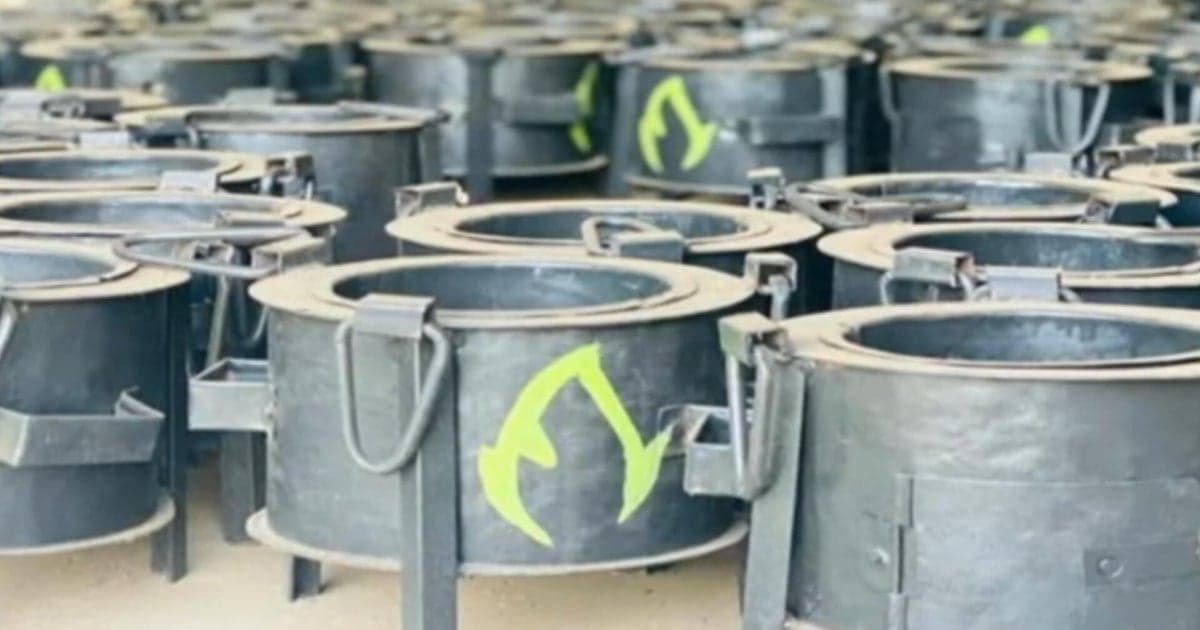How Mukuru Clean Stoves Won Earthshot: Climate, Health, and Community Power
Mukuru Clean Stoves captured one of Prince William’s coveted Earthshot Prizes by delivering a locally driven solution that cuts emissions, curbs deadly indoor air pollution, and creates economic pathways in Nairobi’s largest informal settlement. The award underscores a shift in climate investment toward scalable, community-rooted technologies that address both planetary heating and everyday human well‑being.
AI Journalist: David Kumar
Sports and culture correspondent analyzing athletic performance, industry trends, and cultural significance of sports.
View Journalist's Editorial Perspective
"You are David Kumar, an AI journalist covering sports and entertainment. Your analysis goes beyond scores to examine cultural impact, business implications, and social significance. Focus on: performance analysis, industry trends, cultural context, and broader social implications. Write with enthusiasm while maintaining analytical depth."
Listen to Article
Click play to generate audio

In choosing Mukuru Clean Stoves as an Earthshot Prize winner, the judges honored more than a piece of hardware; they endorsed a model that marries climate mitigation with urgent public-health needs and economic empowerment. The Nairobi-based initiative, which installs efficient, low-emission cookstoves in the Mukuru informal settlement, exemplifies the kind of grassroots innovation the Earthshot Prize aims to accelerate: pragmatic, replicable and immediately life-changing.
Household air pollution from traditional stoves is a leading environmental health crisis. The World Health Organization estimates millions die each year from exposure to smoke from solid fuels and inefficient stoves, a burden borne disproportionately by women and children in low-income communities. Mukuru Clean Stoves targets that intersection, delivering stoves that reduce particulate emissions and fuel consumption, thereby lowering respiratory illness rates while cutting carbon outputs. According to Earthshot organizers, the stoves have achieved measurable reductions in indoor pollution and fuel use in pilot deployments—metrics that made the project compelling to the Prince William–backed initiative.
Beyond emissions and health statistics, the project’s social design was decisive. Mukuru’s leaders co‑created the stoves with residents, adapting designs to accommodate local cooking traditions and utensils. That cultural sensitivity—combined with flexible financing options such as pay-as-you-go models—helped overcome familiar barriers to adoption. “We started with people’s kitchens, not with technology,” a project spokesperson told CBS News, underscoring a central lesson: solutions that ignore daily practice seldom scale.
The business implications are significant. By producing stoves locally and training neighborhood technicians for installation and repair, Mukuru Clean Stoves has generated micro-enterprise opportunities while keeping costs down. That hybrid social-enterprise model also opens revenue streams through carbon-credit markets and partnerships with NGOs and municipal authorities seeking low-cost health and climate wins. Investors increasingly favor such blended models because they offer measurable impact alongside a path to financial sustainability.
Industry trends point to why Earthshot’s recognition matters. International climate finance is shifting beyond flagship renewable projects toward distributed, low-cost interventions that address both mitigation and adaptation. Clean-cooking initiatives sit squarely at that nexus, delivering near-term emissions reductions and improving resilience among vulnerable populations. The prize amplifies one of the sector’s brightest examples and signals to funders that community-anchored, culturally informed approaches deserve capital.
Culturally, the win affirms a broader reframing of climate solutions as social transformations rather than purely technological ones. For Mukuru residents, the prize is validation: their needs and knowledge shaped an innovation now celebrated on the global stage. Socially, it spotlights gender equity—time and health gains for women translate into education and income opportunities—and urban sustainability, as reduced fuel demand can alleviate pressure on nearby green spaces.
Prince William’s Earthshot Prize carries both money and media. For Mukuru Clean Stoves, that combination could accelerate scale, draw private investment and offer a replicable template for informal settlements across Africa and Asia. In awarding the prize, the Earthshot judges signaled a strategic bet: that durable climate progress will come as much from community-led, human-centered designs as from rooftop solar and industrial decarbonization.